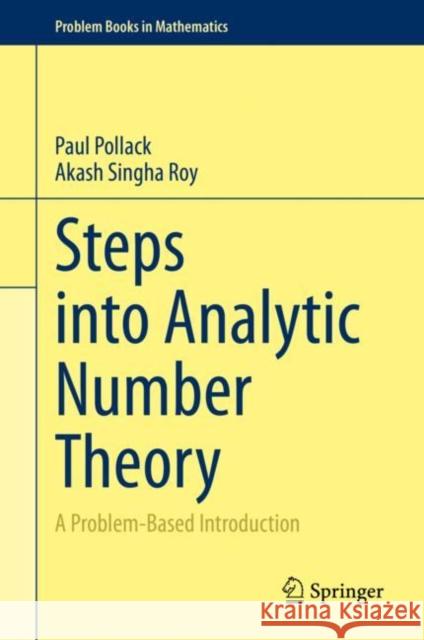Steps Into Analytic Number Theory: A Problem-Based Introduction » książka
topmenu
Steps Into Analytic Number Theory: A Problem-Based Introduction
ISBN-13: 9783030650766 / Angielski / Twarda / 2021 / 197 str.
Steps Into Analytic Number Theory: A Problem-Based Introduction
ISBN-13: 9783030650766 / Angielski / Twarda / 2021 / 197 str.
cena 221,90
(netto: 211,33 VAT: 5%)
Najniższa cena z 30 dni: 192,74
(netto: 211,33 VAT: 5%)
Najniższa cena z 30 dni: 192,74
Termin realizacji zamówienia:
ok. 16-18 dni roboczych.
ok. 16-18 dni roboczych.
Darmowa dostawa!
Kategorie:
Kategorie BISAC:
Wydawca:
Springer
Seria wydawnicza:
Język:
Angielski
ISBN-13:
9783030650766
Rok wydania:
2021
Wydanie:
2021
Numer serii:
000019116
Ilość stron:
197
Waga:
0.41 kg
Wymiary:
23.88 x 19.56 x 1.02
Oprawa:
Twarda
Wolumenów:
01











